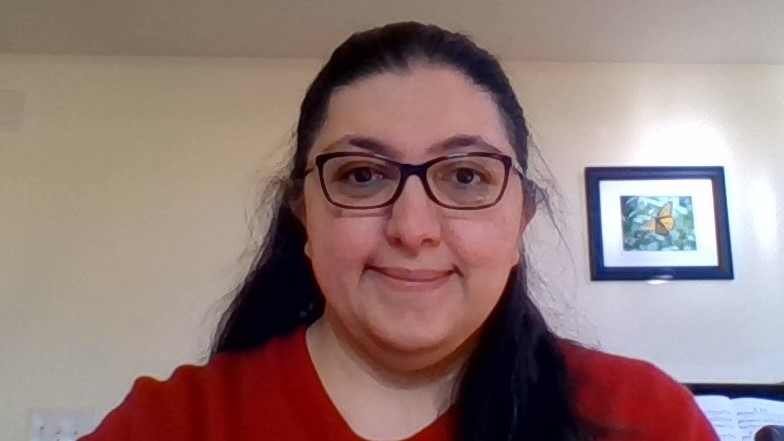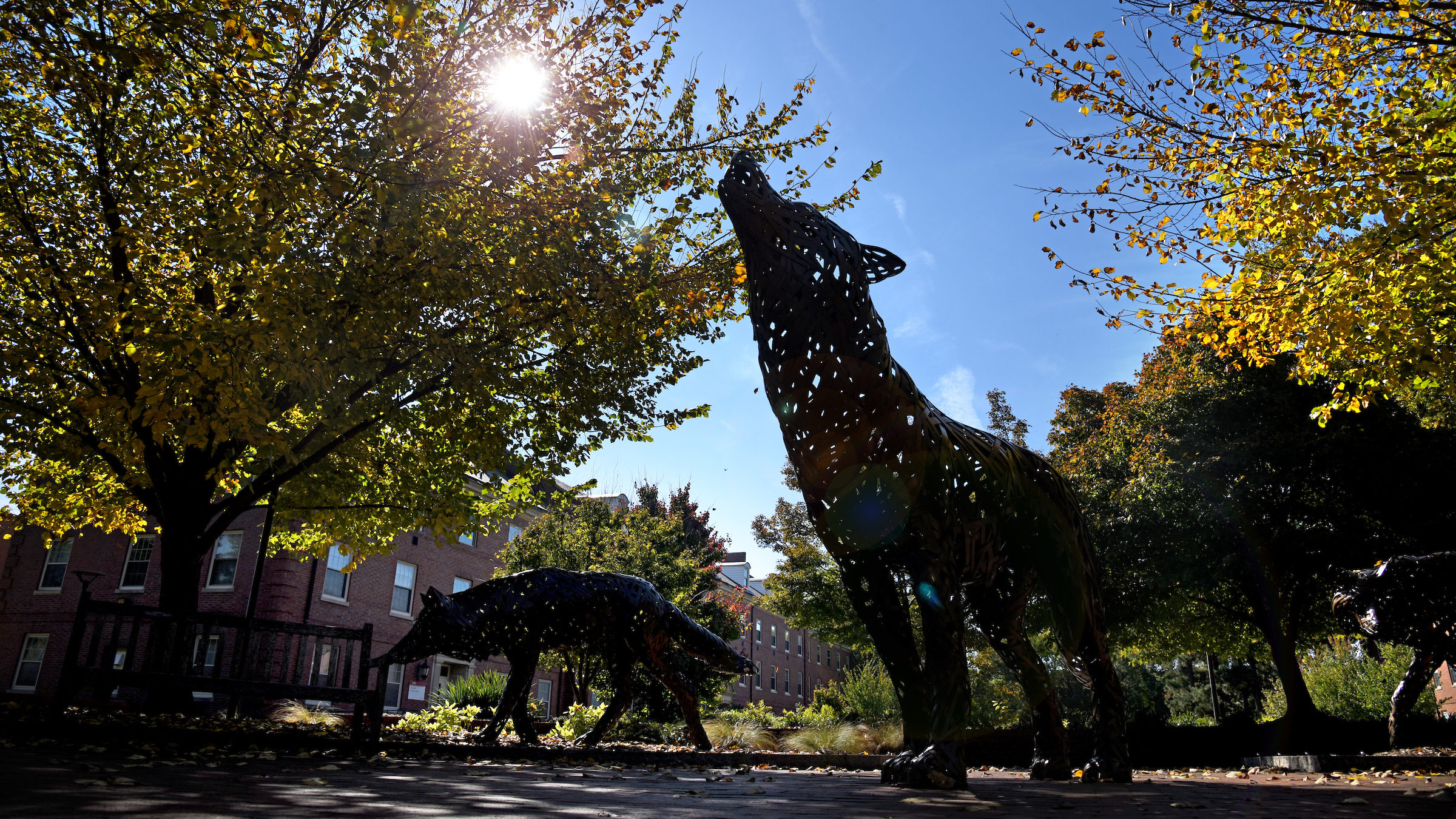Opportunities in Grant Writing and Support
A conversation with NC State alum Molly Puente, Ph.D.

Journey to Research Administration Work
Molly Puente, Ph.D., is a double NC State alum, obtaining her Master’s in Public Administration (MPA) and Ph.D. in Entomology in 2006 and 2007, respectively. Currently, Puente is a Grants Coordinator in the Proposal Development Unit (PDU) at NC State. The PDU supports faculty teams in the development of large-scale, interdisciplinary research proposals. In addition, they curate grant resources and offer programming around navigating the grants process at large federal research sponsors, including the National Institutes of Health (NIH), National Science Foundation (NSF), Department of Energy (DOE), and Department of Defense (DOD).
Puente’s role includes the development of NC State’s biomedical research portfolio. She spent the previous decade working at NIH first as a Presidential Management Fellow and then as a Grants Management Officer. These experiences have given her a unique window into biomedical research initiatives and several ideas for how NC State could move the portfolio forward. According to Puente, her current role, which she begin in January 2019, seemed like the perfect opportunity to transition from a federal to an academic environment.
We sat down with Puente to learn more about her career journey from scientist to grants management and research administration.
Transitioning from Scientist to Research Administration
Puente: As part of my MPA program, we were given the assignment to conduct an informational interview with someone who managed programs at the local, state, or federal government level. I had recently met a neighbor who worked as a Program Officer for NIEHS (located in Research Triangle Park), so I asked if he’d be willing to talk to me about his current position and career trajectory. Our conversation about his transition from a laboratory postdoc to a program officer role led me to consider a career in grants administration, and influenced me in applying to NIH as a Presidential Management Fellow (PMF).
The PMF program is a two-year leadership development program at the entry level for advanced degree candidates that allows them to explore career opportunities in Federal Government service.
Puente found the NIH at-large PMF program an especially valuable opportunity to learn about new careers. Each Fellow used the informational interview process to identify a set of 4-6 rotations in different offices across the agency. Through this process, she learned about careers in science policy, communications, grants, and IT systems development, and many of the people she interviewed became informal mentors for her at NIH.
Learn more about the PMF program:
Working as a Grants Coordinator
What does a typical day look like for you in your current role with the PDU?
Puente: In the PDU, the proposal developers typically work on 3-4 large projects at any given time. That means I’m editing documents, coordinating team meetings, developing budgets, and considering how various project components will be received by peer reviewers and funding agencies. In addition to the proposal team work, I’m also looking at ways to develop the broader biomedical portfolio at NC State, including developing grant-writing trainings, writing newsletter articles and web content, and connecting faculty to new funding opportunity announcements. Therefore, any given day is generally a good mix of meetings with faculty groups and time dedicated to writing/thinking.
What are some aspects you like about your current position?
Puente: I like the opportunity to do a deep dive on a lot of different subject areas. I learn something new from every project team I join. Over my career I’ve also learned that who you work with can be as important as what you work on. I love that the PDU team is incredibly brilliant, but also very humble and friendly. Working in an open and engaging office culture gives me space to be creative.
What are some challenges you encounter in your current work?
Puente: I’ve had to change what I think about as career metrics. For most academic positions, people think about publications, tenure, etc. Coming up as an hispanic woman in STEM, there was a fair amount of societal pressure to achieve those milestones and be a role model scientist. It took me a long time to recognize that in my position, those metrics just don’t apply, and that’s okay. I’ve also recently transitioned from being in the federal space, where my agency had the funding, to the academic space, where I’m helping people ask for research funding, so it’s been a bit of an adjustment of cultures.
What does one’s career trajectory look like working in research administration?
Puente: I think there’s a lot of opportunity to chart your own path. When I look at the careers of my peers in the PDU, I notice that we all took different paths, through industry, government, non-profits, and academia to get where we are. Having a broad understanding of systems, like the federal research funding landscape, can lead to broader responsibilities and leadership opportunities in a lot of different settings.
Advice for Current Trainees
Puente: Much of graduate school was intended to develop subject matter expertise. As a research developer, I am almost always the one person in the team meeting that lacks the subject matter expertise of the specific project I am working on; rather, my expertise comes in thinking strategically about research proposals in general.
To be successful in this position, it helps to work with many different teams and interact with people outside your discipline. Practice reading and writing outside your normal field. For example, when I was working on my Ph.D. in Entomology, I had a writing support group with one of my undergraduate friends who was also at NC State working on a Ph.D. in Education. We met for coffee once a week and traded drafts of our dissertations, one paragraph at a time. Even though I knew nothing about her field and she knew nothing about mine, that practice of providing constructive feedback has been extremely helpful in developing my writing skills.
In addition, seek out opportunities to expand on your communication skills while in graduate school or postdoctoral training. I started graduate school with horrible stage fright. Through years of practicing talks in Fred Gould’s weekly lab group meetings and presenting at the annual student symposium through the W.M. Keck Center for Behavioral Biology, I gained the confidence that has served me well in my current role as a grant writing trainer.
Ensure you are taking advantage of the range of career and professional development opportunities available to you while at NC State. They will serve you well in the future.
In addition, the PDU is currently seeking a proposal developer to join their team.
- Categories:


